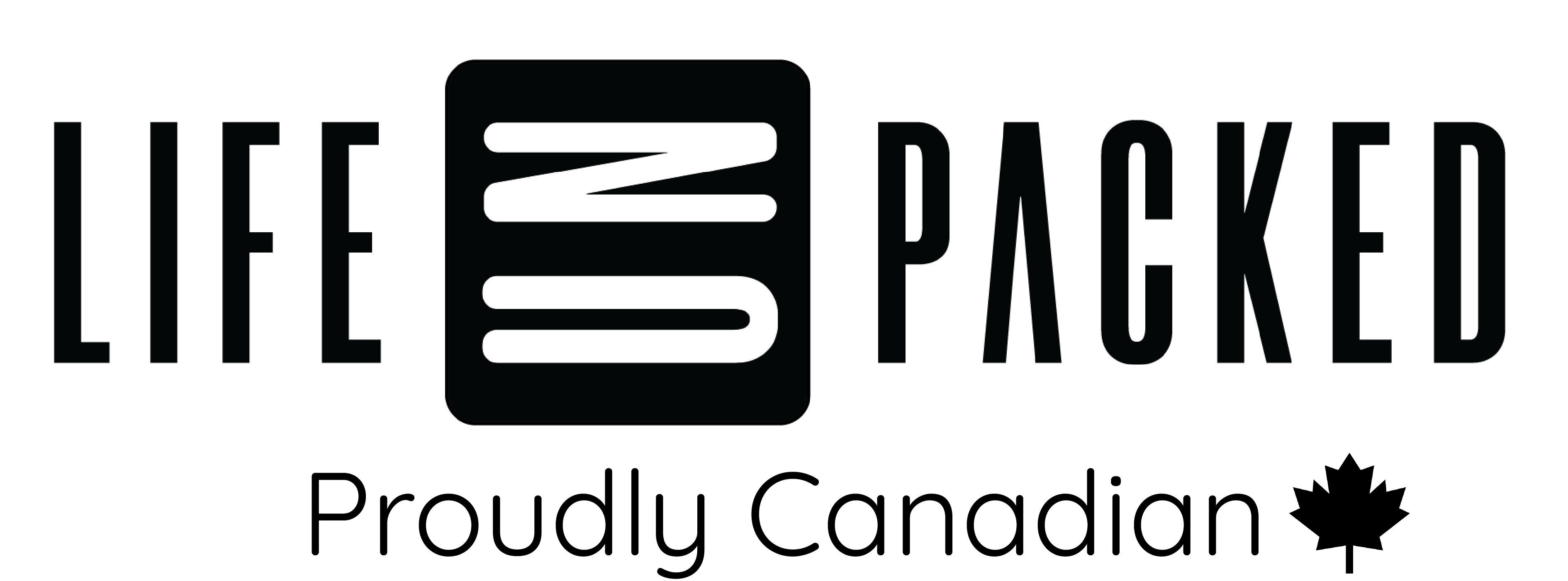Article: Why Recycling Isn't The Answer To The Global Plastic Problem

Why Recycling Isn't The Answer To The Global Plastic Problem
We often feel like we’re protecting the environment when we sort our recycling into the appropriate bin or bag.
But what actually happens?
Unfortunately, it’s estimated that only about 9% of what we recycle actually ends up being recycled properly.
The remaining 91% is either incinerated, tossed into landfills, or accumulates in our environment.
Why is this?
Often, our recycling doesn't end up being processed properly for several reasons.
Contamination
Greasy pizza boxes, a bit of yogurt at the bottom of a container, or that last spoonful of peanut butter you couldn't quite scrape out of the jar can cause an entire batch of recycling to be sent to the landfill.

Improper sorting
Throwing items you aren't sure are recyclable into your recycling bin with the hopes that they are creates problems during processing.
If too much of a load is contaminated with non-recyclables, the entire shipment can be rejected by recycling facilities and be redirected to the landfill.

Poorly designed products and packaging
Products and packaging are often made from mixed materials which are not designed or manufactured in a way that is optimal for recycling.
An example of this is the pump from a soap dispenser which may be made from several types of plastic along with metal springs. These mixed metals often cannot be separated and so end up in the landfill.

Click here to download and share this information.
So, where does our recycling go?
For many years we shipped our garbage across the ocean for disposal. China was one of the world’s largest importers of recycling and accepted much of the world’s plastic until 2017 when it closed its doors to foreign waste.
Without the ability to send our recycling elsewhere it is now piling up locally, filling landfills and destroying agricultural land and natural landscapes.
What happens to our recycling?
We tend to think that what gets recycled can be recycled indefinitely.
Unfortunately this is not the case. The material an item is made from will determine where it ends up.
Plastic is downcycled, meaning it is processed and made into a lower-grade product.
For example, a plastic water bottle can be recycled, but it cannot be turned back into another plastic water bottle. Instead, it will be turned into a softer, lower-grade plastic product.
This process can only happen a couple of times before the plastic is too degraded to be used again.
At this point the microplastic waste ends up in the environment or a landfill.
What can you do?
Follow the 5 R's of zero waste living.
Refuse
Say no.
Say no to freebies and swag at events, take photos of business cards or pamphlets, avoid purchasing items wrapped in plastic, invest in items that will last you a lifetime instead of disposables, shop at farmer's markets.

Reduce
Consider what you really need to buy.
Avoid impulse purchases, borrow items from a friend, rent things you know you'll only need once or twice, donate or sell items that are cluttering up your home, borrow books from the library.

Reuse
Opt for items that can be used again and again.
Carry a reusable water bottle, choose a safety razor, use a reusable travel mug, wash dishes with a cloth instead of sponges, pack lunches in glass containers instead of plastic wrap, use a French press in stead of pods.

Repurpose
Give things a new life.
Upcycle, get creative with DIY projects, repair clothes or use them as cleaning rags, turn wood crates into shelving, make candles from old glass containers, use scrap paper for notes, save dryer lint for campfires.

Recycle
Despite the challenges, continue to do it.
Avoid contamination by emptying and rinsing containers, sort properly (if you're not sure, find out), ensure trash goes in the garbage, buy products based on their packaging (choose glass and aluminum when possible).

Click here to download and share this information.
Choose to go plastic-free!
The choice to go plastic-free in the bathroom might seem small, but when considered over time and combined with the entire life UNpacked community it has major environmental impact.
At life UNpacked, we help you:
- Refuse plastic in your bathroom
- Reduce how many products fill your shelves and drawers
- Reuse your travel tins and glass containers with refills
- Repurpose your toothbrushes by going bamboo
- Recycle or compost our plastic-free packaging
Thank you for taking the time to learn a little bit more about recycling. We hope that our tips help support your zero waste lifestyle and we look forward to hearing from you in the comments.
Ready to eliminate single-use plastic from your bathroom?
